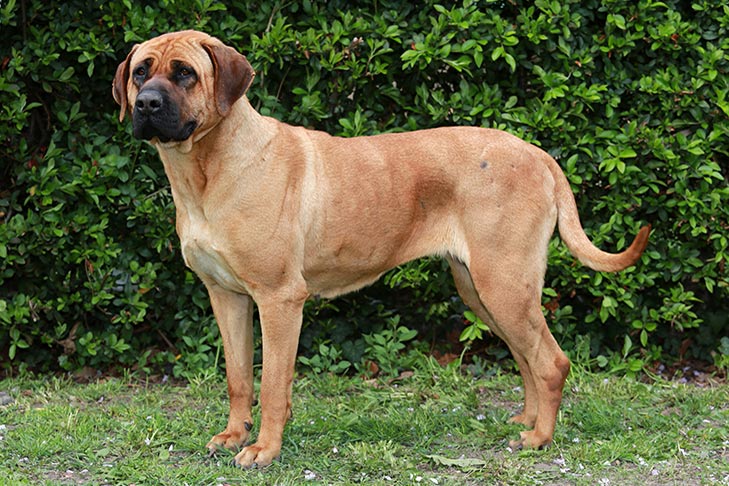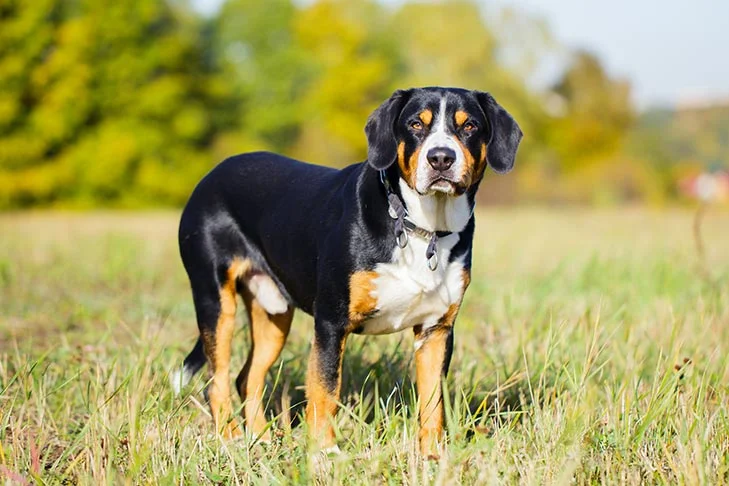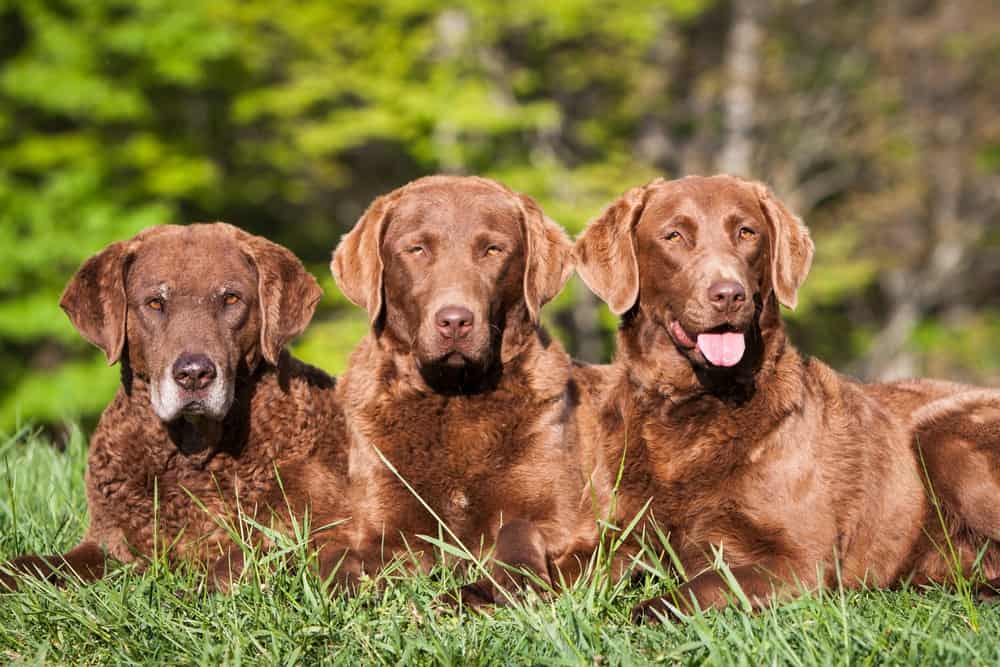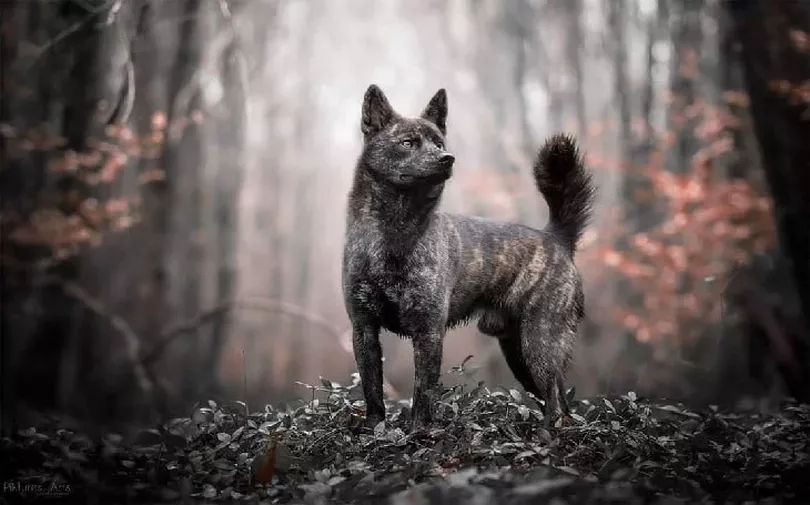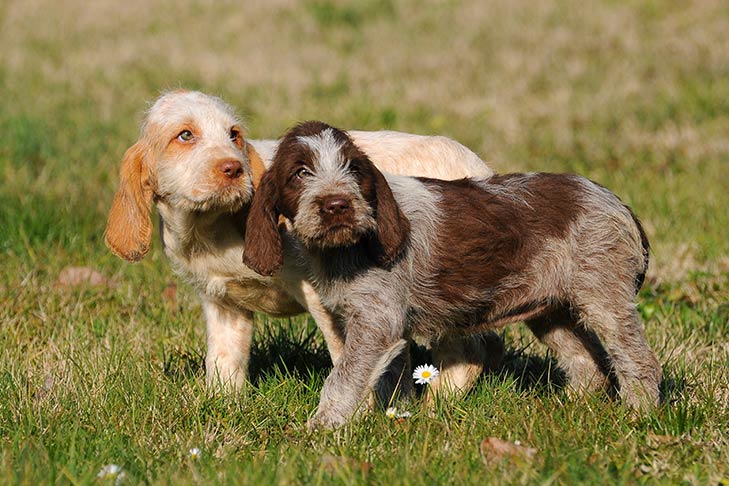Introduction
The Tosa is a large and powerful Japanese dog breed that was originally developed for dogfighting. Despite their history, Tosa are known for their loyalty and affection towards their family members. They are intelligent, courageous, and determined, and require a confident and experienced owner who can provide them with appropriate training and socialization. Tosa are also known for their physical strength and require regular exercise to maintain their health and well-being.
Tosa Temperament
The Tosa is a powerful and athletic dog breed known for its loyalty and protective nature. They are confident, bold, and fearless, making them excellent guard dogs. Despite their imposing size and strength, they are affectionate with their families and are gentle with children when properly socialized. They require consistent and firm training, as they can be stubborn at times. They do best with experienced owners who can provide them with the exercise and mental stimulation they need. With proper socialization and training, this dog can make a devoted and protective companion.
Aggression
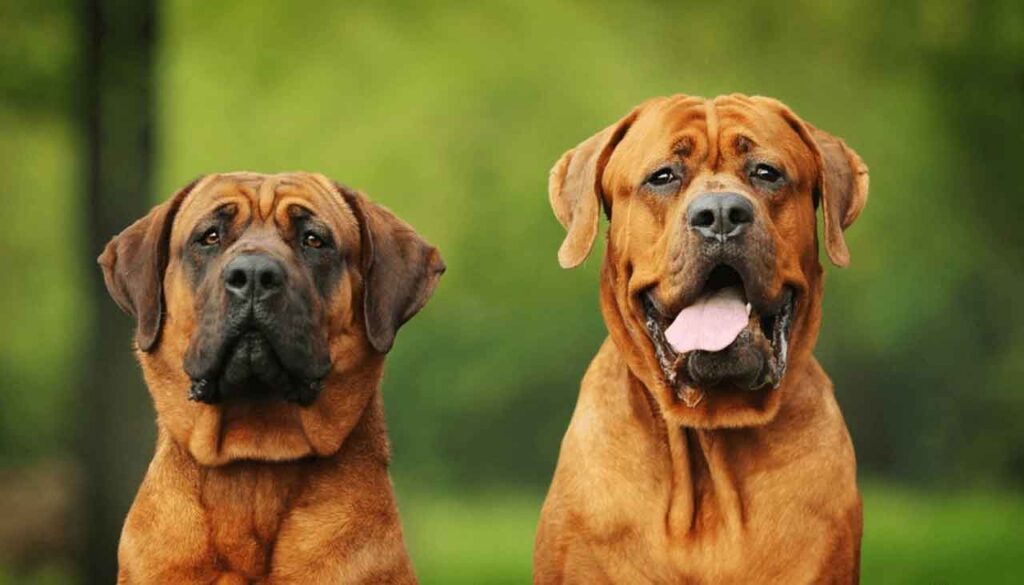
As a breed originally developed for dogfighting, Tosa can display aggressive behavior towards other dogs and animals. They are also known to have a strong prey drive, which can cause them to chase and attack small animals. Tosa can also display aggressive behavior towards humans if they perceive a threat to their family or territory. Due to their size and strength, Tosa can be dangerous if not properly trained and socialized. It’s important to work with a qualified trainer or behaviorist to develop an appropriate plan to manage and correct any aggressive behavior. With proper training and socialization, Tosa can learn to channel their strength and determination in a positive manner and become loyal and obedient companions.
Health and Lifespan
The reported lifespan range of Tosa breed is between 10-12 years
Food for Tosa
The best food for your Tosa is a high-quality, well-balanced diet that provides the essential nutrients needed for optimal health and energy. They are a large and active breed that require a diet that is rich in high-quality protein and fat to support their muscle development and overall health. Look for dog food that lists a high-quality protein source, such as chicken, beef, or fish, as the first ingredient. Additionally, choose a dog food that contains whole grains, vegetables, and fruits to provide fiber, vitamins, and minerals. Avoid dog foods that contain artificial preservatives, colors, or flavors, as these can be harmful to your dog health.
Training for Tosa
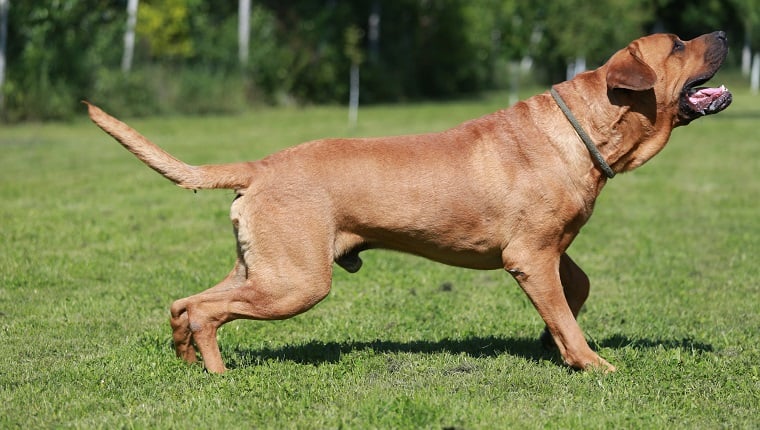
Training a dog requires early socialization, firm and consistent training, and positive reinforcement techniques. It’s essential to begin socializing a dog from a young age to teach them to distinguish between genuine threats and normal situations. They are intelligent but can be stubborn at times, so consistent training with a firm hand is crucial. Using positive reinforcement techniques like treats, praise, and rewards can motivate them to learn commands and good behavior. They require plenty of exercise and mental stimulation, so providing them with daily activities and routines can help prevent destructive behaviors.
Conclusion
In conclusion, the Tosa is a powerful and loyal breed that requires an experienced owner who can provide them with appropriate training, socialization, and exercise. Due to their history and potential for aggression, Tosa are not recommended for inexperienced dog owners or households with small children or other pets. Tosa also require a high-quality, well-balanced diet to support their active lifestyle and maintain optimal health. With proper care and attention, Tosa can become devoted and protective companions for those who appreciate their unique qualities.
